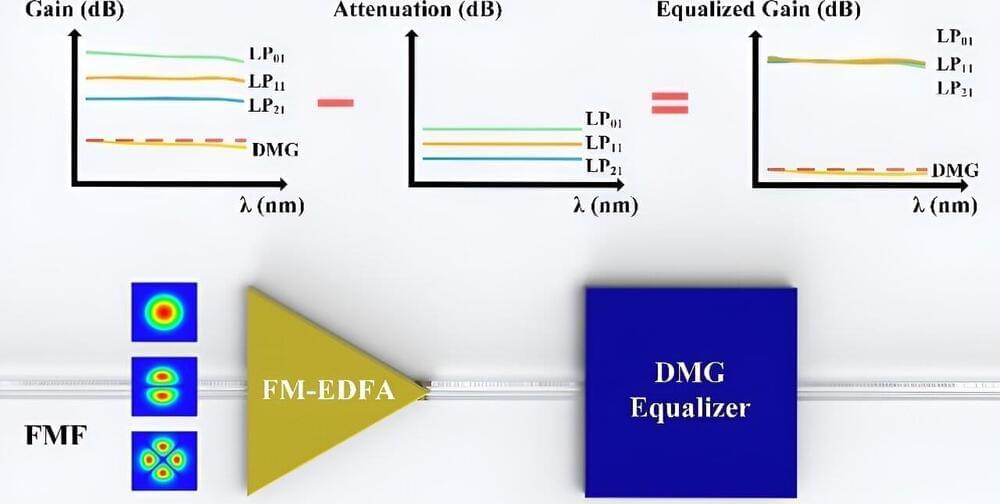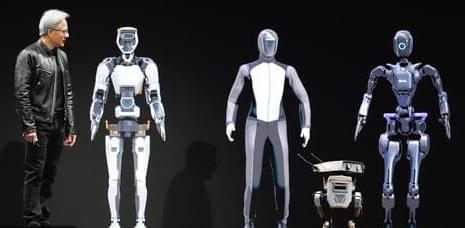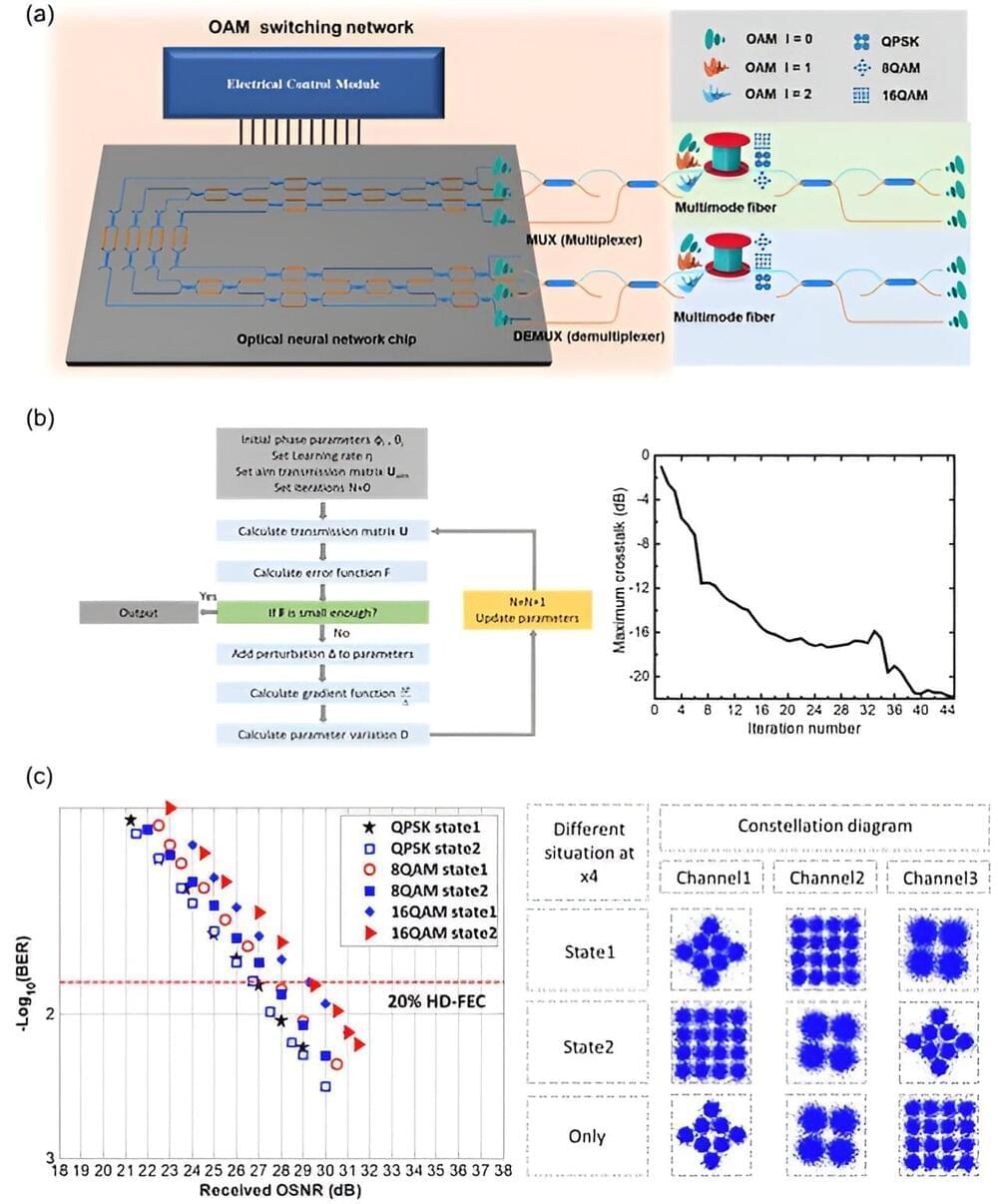Three days ago, an old Falcon 9 booster crashed and exploded while landing on a drone ship during its 23rd landing. This caused SpaceX to halt the launch of another Falcon 9 rocket scheduled a few hours later while they worked on the problem.
3 days later, SpaceX had already corrected the problem and did two more Falcon 9 launches and landings. The 3 days included one day to get permission from the Federal government to launch again.
No other space company moves this fast! Normally, a space company takes a year or two to recover from an accident.
For example, NASA didn’t launch again for over 2 1/2 years after the Challenger accident and again didn’t launch again for over 2 1/2 years after the Columbia accident. These massive delays didn’t even contribute much to safety. For example, the last time a Falcon 9 booster crashed and exploded was over 250 missions ago, more missions than all the Space Shuttles flew in total! The last time SpaceX actually lost customer cargo was 351 flights ago! (The Space Shuttle had a total of 135 flights, 2 being failures that killed a total of 14 people.)
Again, talking about safety, the Columbia blew up because its heat shield tiles failed. Well, in the last Starship test, many heat shield tiles failed although it landed safely, so Elon made a ton of changes to Starship including adding ablative shielding under critical heat shield tiles. The Space Shuttle never got protective ablative shielding, an example of why it had a poor safety record.
The FAA has cleared SpaceX to launch the Falcon 9 while the investigation into Wednesday’s mishap wraps up.








